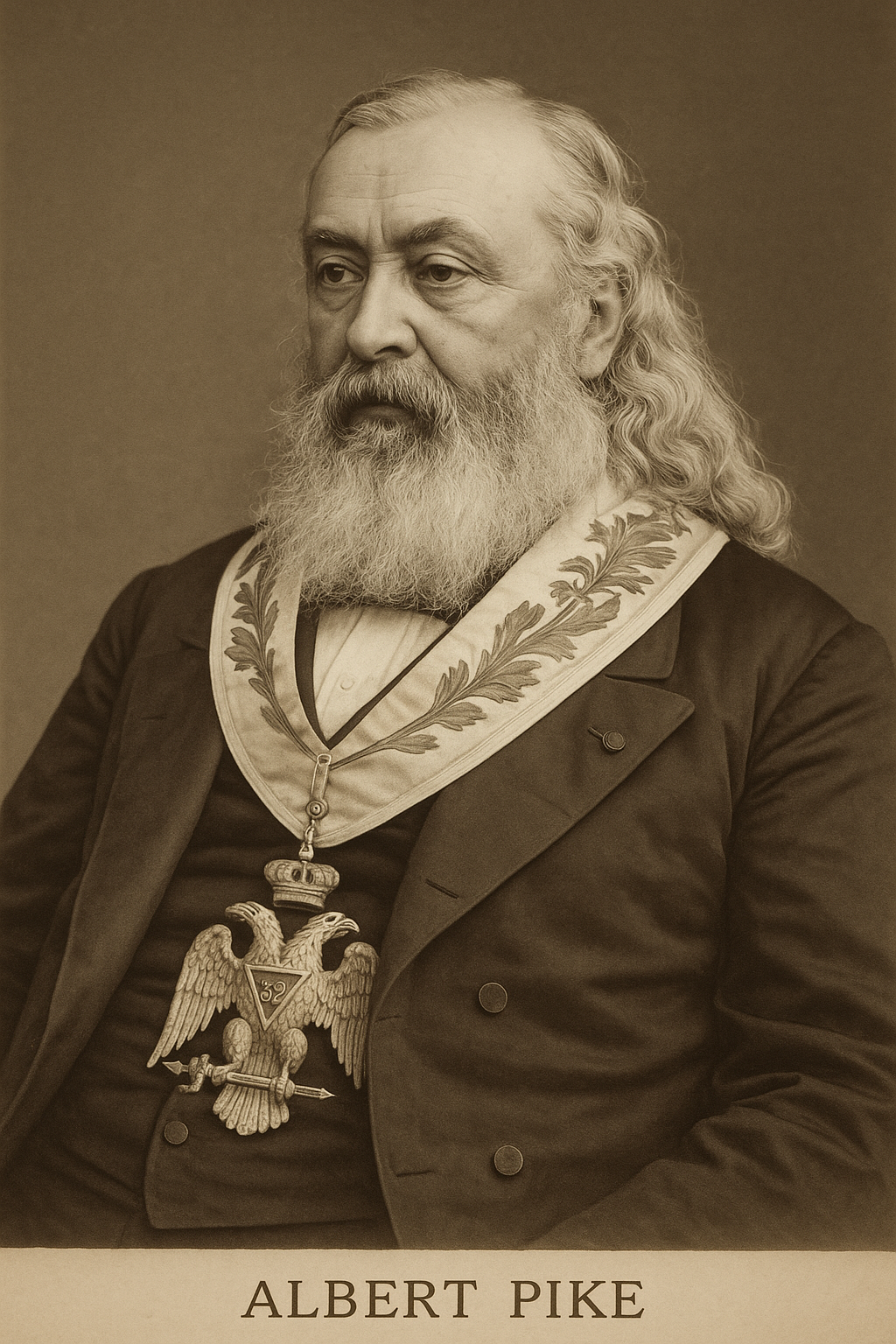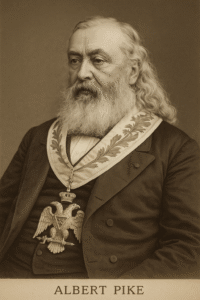
A lot of people who read Albert Pike’s work have already preconceived notions about it, and many of those ideas come from people who repeat old conspiracy theories about Freemasonry without having any real knowledge or experience. Most of the people who don’t like Pike have never been to a Masonic lodge, let alone a Blue Lodge ceremony. If you have strong feelings about Pike or Freemasonry, you might want to ask them this simple question: Have you ever been initiated? Most of the time, the answer will be no.
Why is this important?
This series of reviews is not meant to be a word-for-word analysis of Morals and Dogma. It won’t be a complete guide, a defense of Pike, or a point-by-point refutation of conspiracy theories. It also won’t try to criticize just for the sake of criticizing. My goal is simpler: to give a clear summary of each chapter, explain its main ideas, and, most importantly, get people to read Pike’s work for themselves. These thoughts come from the point of view of a Freemason who is still active.
The Degree of Apprentice
To fully begin the Masonic path, a candidate must complete three degrees in the Blue Lodge. The first degree is called the Entered Apprentice. Pike calls the first chapter of his book “Apprentice,” which is a deliberate choice that reflects the basic nature of this first step.
The word “apprentice” means someone who is just starting out on the road to becoming good at a craft or profession. Electricians, carpenters, and other skilled workers start out as apprentices. They only become masters after years of learning, practicing, and improving their skills. The same idea holds true for any big task, like starting a business, writing a book, or learning a new language. We are all beginners when we start something.
From Unplanned Work to Controlled Force
Pike says that the apprentice starts out with raw potential, energy that won’t do anything useful if it isn’t “regulated.” Raw potential is not suitable to master a task if it is “ill-regulated.” This is true in all areas of study. Without a plan and a reason, effort is wasted.
Think about baseball: a good pitcher tries to get the batter to swing wildly at a pitch that is hard to hit. The batter may swing the bat with a lot of force, but if he misses the pitch, that force does nothing. Batters with more experience and who have mastered the art of hitting try not to waste energy on a pitch that is not within the strike zone. The same is true in life: when you don’t use your energy wisely, you get frustrated instead of making progress.
Mentorship, study, and regular practice give you the structure you need to turn your potential into real success. An apprentice could end up wasting their time if they don’t have these guiding factors.
NBA players like Michael Jordan and Kobe Bryant never underestimated their potential. They worked to cultivate their craft to exceed the standards they set for themselves yearly. There is no such thing as perfection, but we perfect ourselves through structured practice and study at all levels of our proficiency. This is why it seems effortless when watching a professional do something with ease. They have eclipsed their learning curve and created a new one!
Using Time Wisely
One of Pike’s main lessons for the apprentice is how to use time wisely. Time is a limited resource; once you spend it, you can never get it back. The apprentice needs to learn how to spot activities that use up this resource without helping them get better at their craft.
Watching endless videos, playing too many games, or doing things that don’t help you can waste hours that could be spent making real progress. Leisure time is important, though. When you use it deliberately, rest can clear your mind and get you ready for the next challenge. But leisure should come after work, not take its place.
The Apprentice’s Job
Pike’s first chapter, which is based on the Entered Apprentice degree, is a call to live with purpose. It reminds us that skill, wisdom, and mastery come from hard work, guided study, and the ability to control one’s own strength. The journey starts in the dark, but it moves steadily toward the light with a purpose.

